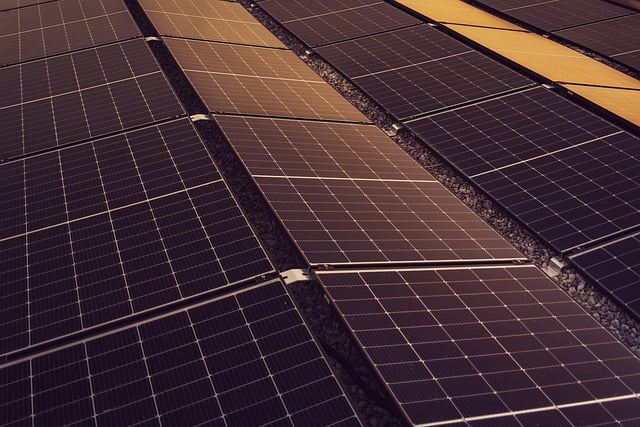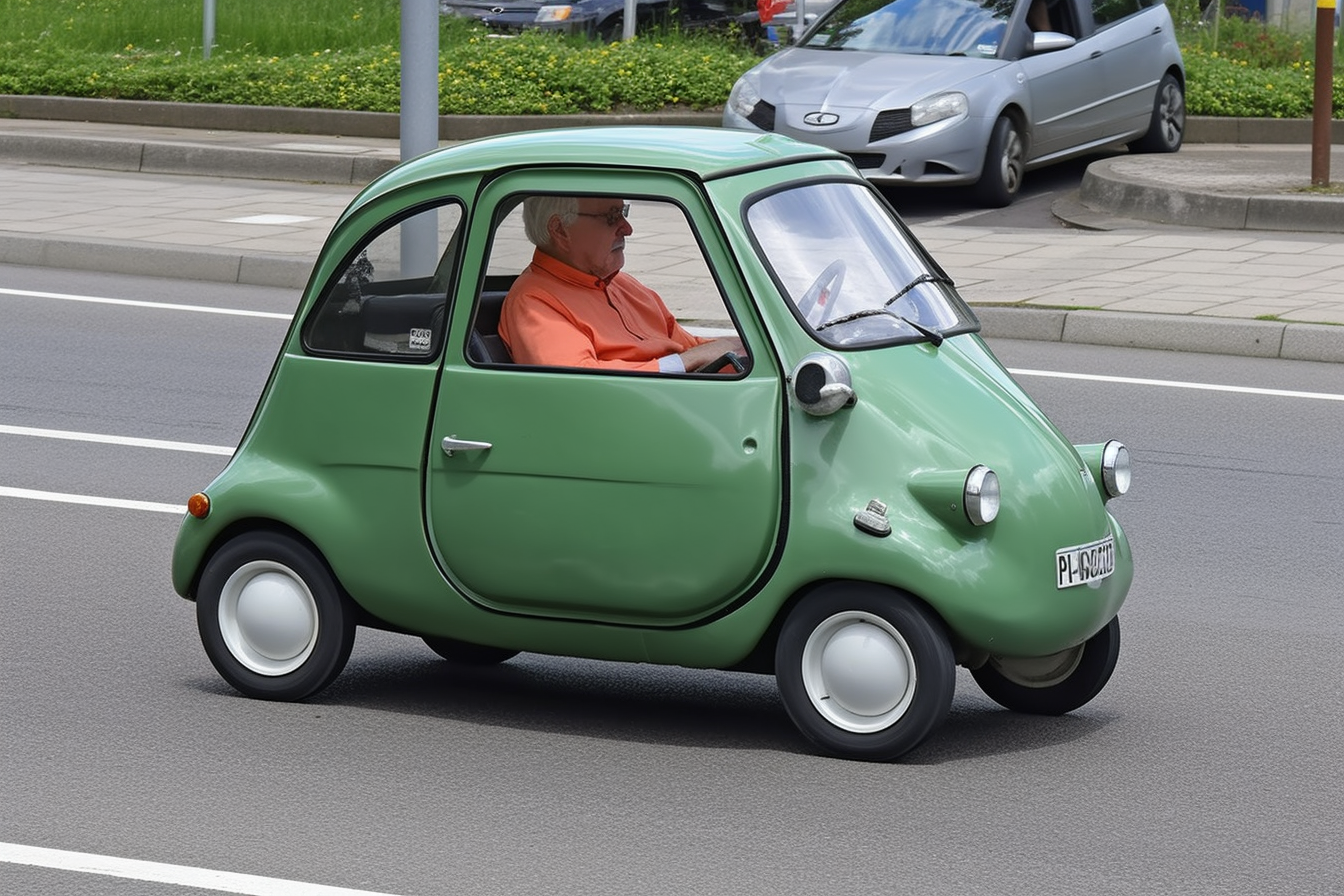Understanding Heat Pumps: Efficient Heating and Cooling Solutions
Heat pumps are versatile and energy-efficient systems that provide both heating and cooling for residential, commercial, and industrial applications. These innovative devices work by transferring heat from one location to another, rather than generating heat directly. This process makes them an increasingly popular choice for those seeking to reduce energy consumption and lower their carbon footprint. In this article, we'll explore the various types of heat pumps, their applications, and the factors that influence their performance and cost.

What are the main types of heat pumps available?
There are several types of heat pumps, each designed for specific applications and environments:
-
Air-source heat pumps: These are the most common type for residential use, extracting heat from outdoor air and transferring it indoors (or vice versa for cooling).
-
Ground-source (geothermal) heat pumps: These systems use the consistent temperature of the earth to heat and cool buildings, offering high efficiency but requiring more extensive installation.
-
Water-source heat pumps: Similar to ground-source pumps, these use water from lakes, ponds, or wells as a heat source or sink.
-
Hybrid heat pumps: These combine heat pump technology with a traditional furnace for optimal efficiency in varying climates.
-
High-temperature industrial heat pumps: Designed for industrial processes, these systems can produce higher temperatures suitable for manufacturing and other industrial applications.
How do heat pumps compare to traditional heating systems?
Heat pumps offer several advantages over traditional heating systems:
-
Energy efficiency: Heat pumps can be up to 300-400% efficient, meaning they can produce 3-4 units of heat for every unit of electricity consumed.
-
Dual functionality: They provide both heating and cooling, eliminating the need for separate systems.
-
Lower operating costs: Due to their high efficiency, heat pumps often result in lower energy bills compared to gas or electric furnaces.
-
Environmentally friendly: By using renewable heat sources and consuming less energy, heat pumps have a lower carbon footprint.
-
Longevity: With proper maintenance, heat pumps can last 15-20 years or more.
However, heat pumps may have higher upfront costs and may struggle to maintain comfort in extremely cold climates without supplemental heating.
What factors influence heat pump performance and efficiency?
Several factors can affect the performance and efficiency of heat pumps:
-
Climate: Heat pumps are most efficient in moderate climates. Extremely cold temperatures can reduce their effectiveness.
-
Insulation: Proper home insulation helps maintain the desired temperature and reduces the workload on the heat pump.
-
Sizing: Correctly sized heat pumps operate more efficiently and provide better comfort.
-
Installation quality: Proper installation is crucial for optimal performance and longevity.
-
Maintenance: Regular servicing ensures the system operates at peak efficiency.
-
Technology advancements: Newer models often incorporate improved technology for better performance in varying conditions.
What are the benefits of high-temperature industrial heat pumps?
High-temperature industrial heat pumps offer several advantages for industrial applications:
-
Energy recovery: They can capture and reuse waste heat from industrial processes, improving overall energy efficiency.
-
Process heating: These pumps can provide high-temperature heat for various manufacturing processes, reducing reliance on fossil fuels.
-
Versatility: They can be used for space heating, drying, sterilization, and other industrial applications.
-
Reduced emissions: By replacing traditional heating methods, they help lower greenhouse gas emissions in industrial settings.
-
Cost savings: Despite higher initial costs, they can lead to significant long-term energy savings for industries.
How are heat pumps contributing to sustainability in the UK?
In the United Kingdom, heat pumps are playing an increasingly important role in the nation’s sustainability efforts:
-
Government initiatives: The UK government has set ambitious targets for heat pump installations as part of its strategy to reduce carbon emissions.
-
Renewable energy integration: Heat pumps can be powered by renewable electricity, further reducing their environmental impact.
-
Retrofitting: Many older buildings are being retrofitted with heat pumps to improve energy efficiency.
-
District heating: Large-scale heat pump systems are being implemented in community heating projects.
-
Industrial applications: High-temperature heat pumps are helping UK industries reduce their reliance on fossil fuels for process heating.
How do heat pump prices compare across different providers and models?
Heat pump prices can vary significantly depending on the type, capacity, and brand. Here’s a comparison of some popular heat pump options available in the UK:
| Product/Service | Provider | Cost Estimation |
|---|---|---|
| Ecodan PUHZ Monobloc | Mitsubishi Electric | £3,000 - £5,000 |
| Vitocal 200-A | Viessmann | £4,500 - £6,500 |
| Aerona³ R32 | Grant UK | £3,500 - £5,500 |
| Greenstore 6kW AWST | Worcester Bosch | £4,000 - £6,000 |
| CTC EcoAir 400 | CTC Heat Pumps | £5,000 - £7,000 |
Prices, rates, or cost estimates mentioned in this article are based on the latest available information but may change over time. Independent research is advised before making financial decisions.
It’s important to note that these prices typically cover only the unit itself and not installation costs, which can add significantly to the overall expense. Installation costs can range from £3,000 to £8,000 or more, depending on the complexity of the project and any necessary modifications to the existing heating system.
Factors that influence heat pump prices include:
-
Capacity: Larger units for bigger properties or industrial applications will cost more.
-
Efficiency ratings: Higher efficiency models command premium prices.
-
Brand reputation: Well-known brands like Mitsubishi often charge more for their products.
-
Additional features: Smart controls, noise reduction technology, and other advanced features can increase costs.
-
Warranty length: Extended warranties may come at a higher price point.
When considering a heat pump installation, it’s advisable to obtain quotes from multiple providers and consider both the upfront costs and potential long-term savings on energy bills.
In conclusion, heat pumps offer an energy-efficient and environmentally friendly alternative to traditional heating and cooling systems. From residential air-source units to high-temperature industrial applications, heat pumps are playing a crucial role in reducing energy consumption and carbon emissions. While the initial investment may be higher than conventional systems, the long-term benefits in terms of energy savings and environmental impact make them an attractive option for many homeowners and businesses in the UK.




